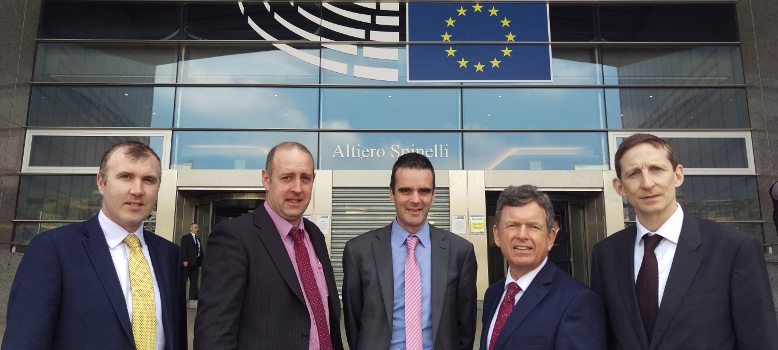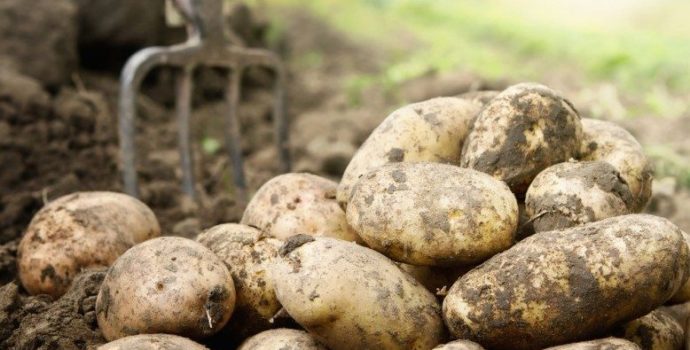Irelands 2030 Climate Targets Are Balanced but Challenges Remain

IFA Environment Chairman Thomas Cooney on the climate targets announced recently by the European Commission.
The European Commission, MEPs and EU Commissioners, or “Europe” as they are frequently referred to, are often accused of not listening, of being disconnected from Member States and of rail-roading through new directives, without consultation.
This was not the case in recent weeks. In the middle of July the European Commission announced greenhouse gas (GHG) emission targets to be achieved by 2030 for the sector agriculture is part of. When all elements are considered these targets are challenging, yet balanced.
They are challenging, given that the science tells us that the agriculture sector can only reduce emissions by a further 8% before impacting on food production. In addition the Environmental Protection Agency have clearly stated that delivery of the earlier 2020 target will be extremely difficult.
The targets are balanced because they reflect the fact that previous targets were scientifically and technically unachievable for agriculture, without cutting the national herd or reducing agriculture’s output. Perhaps this was the intention of former Environment Minister John Gormley.
To reduce production from Ireland, a global leader in emission efficient food production would be wrong and unacceptable, for farming, our wider rural economy and also for the environment. After all, such a policy would actually increase global GHG emissions, with carbon efficient food produced by farmers in Ireland being displaced by less sustainable food produced on deforested Amazonian lands.
Science and diplomacy matters
The 2030 outcome was achieved because of the unique combination of high level lobbying of Government by IFA, a capable civil service and solid scientific research, mainly from Teagasc. The understanding of our European Agriculture Commissioner Hogan and MEPs was also extremely important.
The outcome also reaffirms the earlier position adopted by European Heads of Government in October 2014 when they said that Member States when deciding on sectoral plans must have regard for the multiple roles of agriculture, as food, fuel and energy producers, when addressing the climate challenge. Twelve months later in Paris international leaders met and agreed that food production must not be threatened when addressing the climate challenge also.
The understanding of the many responsibilities of farming, is important but does not provide room for complacency. Agriculture has an important role to play – while respecting the need to safeguard food production.
Ireland – global leaders in sustainability
Farming is committed to addressing the climate challenge, with over 87% of the measures adopted by farmers in our Rural Development Programme having climate reducing elements. For example over the next five years the GLAS programme will deliver over 50,000 tonnes of carbon savings annually from the crop cover requirement, 10,000 tonnes of carbon savings each year from the minimum tillage option and 5,000 tonnes of carbon saving from the new hedgerows planted. From an environmental and a farm income perspective IFA will continue to make the strongest case possible to Minister Creed to re-open the GLAS scheme to the maximum number of applicants.
Ireland is also the only country in the world that monitors, measures and manages carbon form farm to fork.
90% of beef exports are now in an audit and carbon foot printing programme. 100% of milk production is entering into a carbon auditing cycle. In addition over 100,000 carbon assessments have been completed on farms to date as part of Bord Bia’s Origin Green programme. The Smart Faming initiative lead by IFA seeks to address the dual challenges of improving farm incomes while reducing environmental impact.
Sustainability must deliver for farmers
However sustainability is not just about the environment. It’s also economic and social sustainability for farming and wider rural communities.
The new markets created and the ones maintained by farmer participating in the Origin Green programme must start delivering a sustainable economic return for farm families. This is true sustainability.




